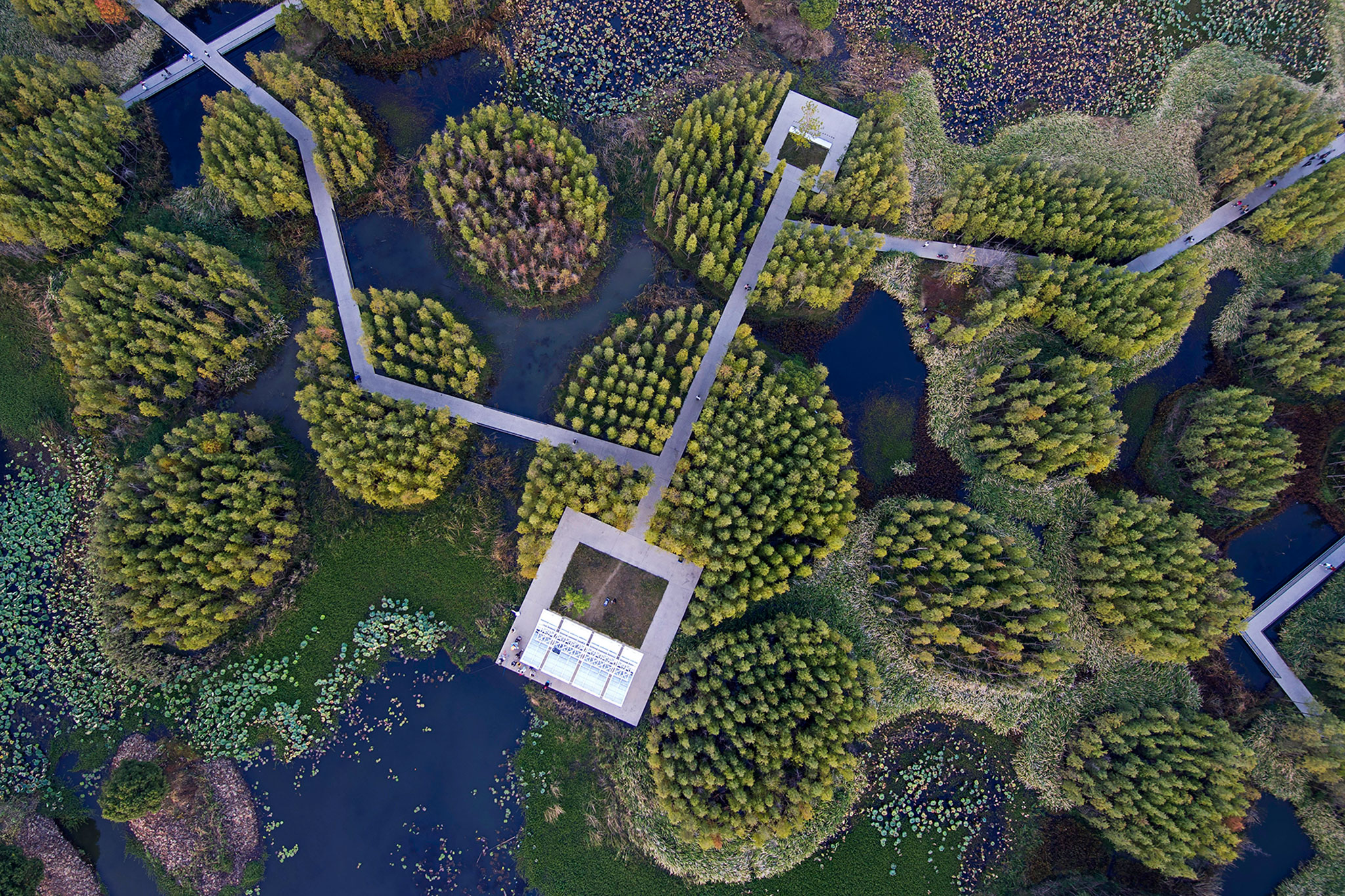More than at any other time in the history of human presence on this planet, we are now deciding what our own future will be.
Since the last ice age, some 12,000 years ago, humans have been able to develop civilization as we know it thanks to the stability of the earth’s interconnected ecosystems, which cradled life and supported our expansion. During this era, the Holocene, humans flourished but nature reigned. We were the thriving recipients of a favorable environment unique in the history of the planet.
But around 1950, the situation changed. We moved from being the passive recipients to being the direct driving force behind transformation in our natural environment, and not for the better. We now exercise such control over the planet that we have catapulted it and ourselves into a new geological era, known as the Anthropocene: the human-shaped epoch, in which the pen of history has been passed from nature to humanity, and we are the ones determining what will be written.
In just 70 short years, we collectively ignored all the scientific warnings about the dangers that would ensue. Decades of extraction and overconsumption, the accumulation of great wealth in small pockets of society, and general disregard for our role as guardians of the global commons have altered the earth’s atmosphere, land, and oceans so substantially that we are literally living ourselves out of our life-providing environment. This is the most perilous moment in human history.
That is the clear message from the latest scientific reports, which are categorical in warning us of looming, radical changes in the earth systems that have so far been keeping us safe. Our planet will of course continue on her evolutionary path, started 4.5 billion years ago, but the human effects of those tipping points would render many parts of our globe uninhabitable to the human race, with all the attending economic, social, health, political, and security consequences. The resulting turbulence would be unprecedented—and irreversible.
Facing this stark reality with our eyes wide open, we must make an immediate choice. Most of us can feel deep in our bones that transformational change is needed, and science has made abundantly clear what it must entail. To protect ourselves, we have to protect 1.5°C as our maximum global average temperature increase.
That means we have to make two things happen this decade: First, we have to cut our global greenhouse-gas emissions in half by 2030. And second, we have to safeguard all remaining healthy ecosystems, regenerating those we have depleted.
If we don’t meet this dual challenge, we basically condemn ourselves and our descendants to a world of ever increasing climate chaos, spiraling destruction, and deepening human misery.
However, if we do choose to cut our emissions by 50% by 2030—which is technically entirely feasible—and act decisively to protect nature, we open the portal to a world that not only averts the worst of climate change, but is actually a much better one than we have right now, with better public health, more-livable cities, more-efficient transport, and more-productive land.
Without a doubt, we are in the decisive decade. We must be guided by the firm conviction that humans can meet this challenge. We must change the unfolding story of the Anthropocene from one of overconsumption, inequality, and destruction to one of repair, re-generation, and reconnection—against all apparent odds.
We must constantly remind ourselves that we are holding the pen. We must stand tall in our unwavering faith in human ingenuity and compassion, reminding ourselves of our individual and collective agency. Carving a better future does not happen on its own. We have to be intentional, purpose driven—frankly, downright stubborn—about our objective. Only that determination will give us a fighting chance.
Figueres is co-host of the climate podcast Outrage + Optimism and former executive secretary of the U.N. Framework Convention on Climate Change
- Donald Trump Is TIME's 2024 Person of the Year
- Why We Chose Trump as Person of the Year
- Is Intermittent Fasting Good or Bad for You?
- The 100 Must-Read Books of 2024
- The 20 Best Christmas TV Episodes
- Column: If Optimism Feels Ridiculous Now, Try Hope
- The Future of Climate Action Is Trade Policy
- Merle Bombardieri Is Helping People Make the Baby Decision


